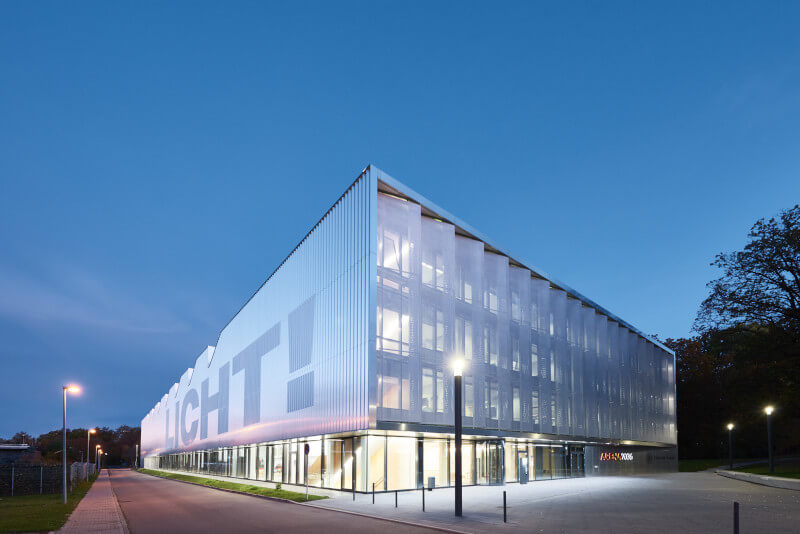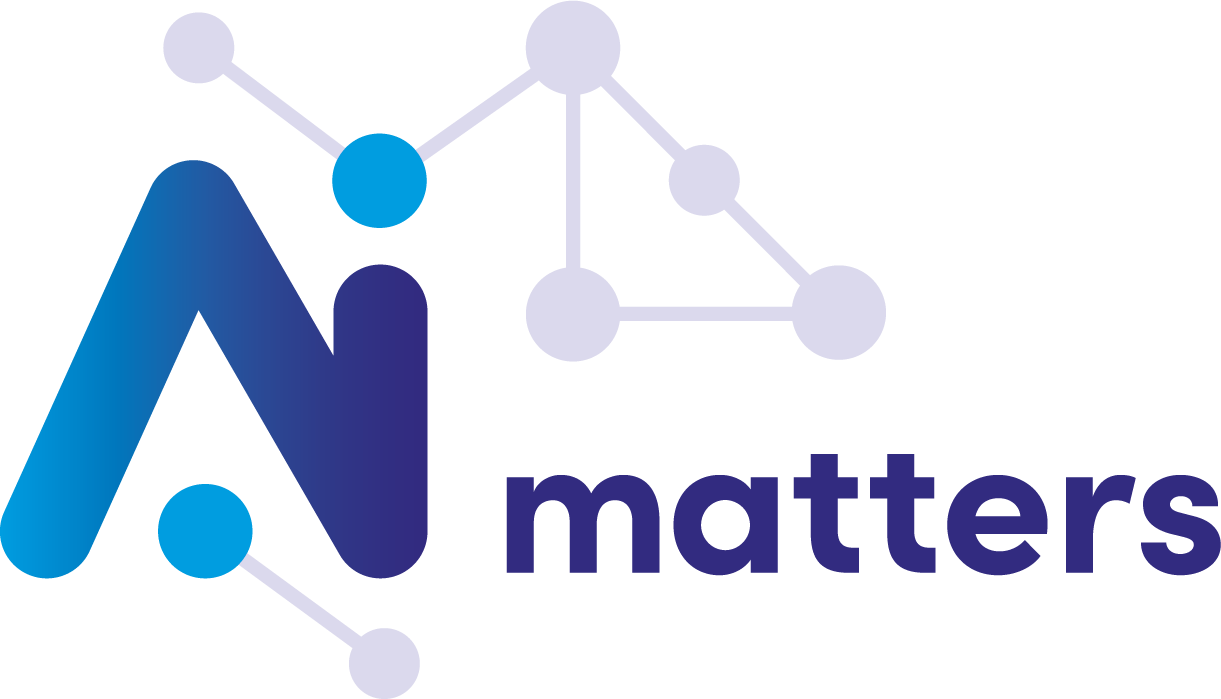AI-MATTERS
The world-class reference network for test and trial facilities in the
manufacturing industry
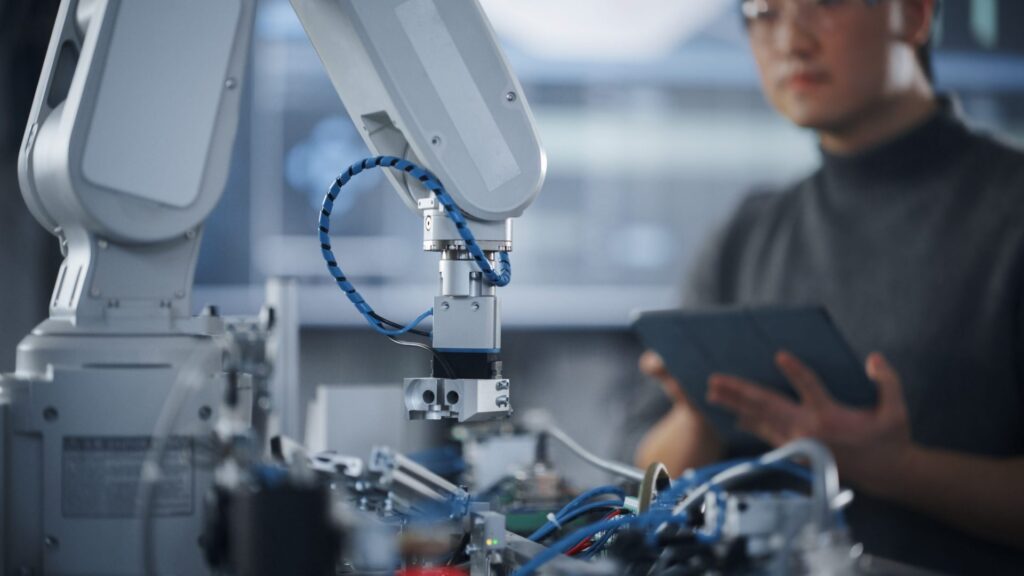
AI-MATTERS aims to drive the adoption of AI in the European manufacturing industry. The project brings together a consortium of 24 major organizations from eight European countries (Czech Republic, Denmark, France, Germany, Greece, Italy, Netherlands and Spain) to create a world-class reference network of Test and Experiment Facilities (TEF) for the manufacturing industry.
The overarching goal of AI-MATTERS is to strengthen Europe’s position and leadership in the adoption of systems that utilize Artificial Intelligence. By deploying robotics and other advanced technologies in real-world environments and on a large scale, the consortium aims to achieve a breakthrough transformation of manufacturing in the EU.
The network, which has a total budget of 60 million euros, is co-financed by the European Commission as part of the “Digital Europe” program and also receives national and regional funding.
It offers more than 250 test and trial services for technology providers, system integrators and manufacturing companies. These services are divided into four areas: Circular Economy, Factory-Level Optimization, Human-Robot Interaction, and Emerging and Assistive Technologies.
Visit the central AI-MATTERS website for more information about the network and a complete overview of the services offered.


IEW
The Institute for Electrical Energy Conversion (IEW) is part of the Faculty of Electrical Engineering and Information Technology at the University of Stuttgart. Originally founded in 1883 as one of the first electrical engineering institutes in Germany, the IEW was spun off in 2011 under the direction of Professor Nejila Parspour.
There are now 20 scientific employees working in three research groups on future solutions for electrical energy conversion. In addition to basic research in the fields of modelling, optimization and control, the focus is primarily on the application areas of electromobility, industrial automation/robotics and medical technology.
In the field of electrical machines, methods for analytical and numerical modeling and for designing highly efficient electrical machines with high torque density are developed. Both motors and generators are designed and implemented as prototypes.
In the field of contactless energy transmission, highly efficient, wireless energy and data transmission systems are modeled, designed and developed based on the coupling of electromagnetic fields. The power range of inductive and capacitive energy transmission extends from a few mW to several kW.
To validate the optimization and modelling methods used, the IEW has a series of test benches for measuring prototypes. For contactless energy transmission, both static and dynamic transmission processes can be reproducibly measured and assessed in terms of positioning tolerance and efficiency. Test benches for measuring electrical machines are available in power classes from a few 100W up to 250kW, on which both electrical actuators from robotics applications and traction drives for electric vehicles can be operated.
The test benches can be flexibly adapted to different requirements and operating and control strategies can be implemented quickly and easily on RCP systems. For example, AI-based fault detection algorithms can be tested and evaluated on various drive systems.

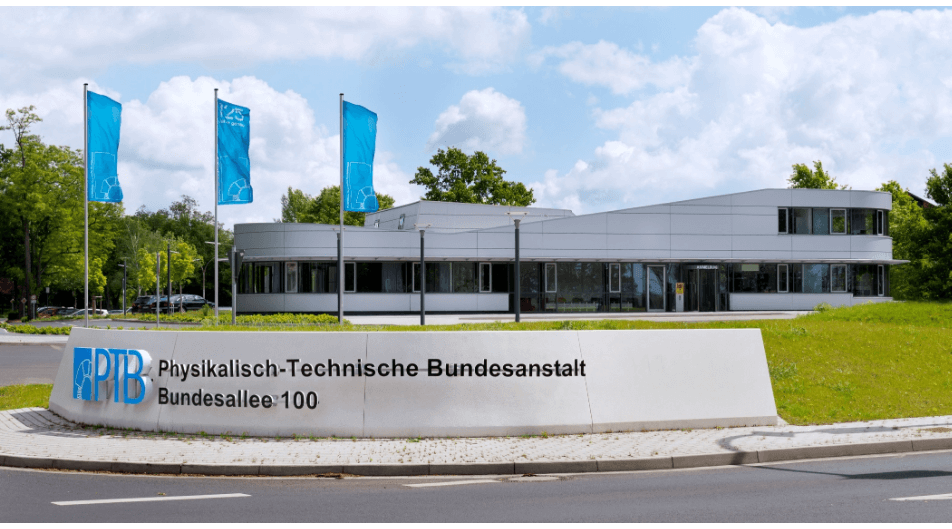
PTB
The Physikalisch-Technische Bundesanstalt (PTB) is the national metrology institute of the Federal Republic of Germany with sites in Braunschweig and Berlin. It is the supreme authority on all questions of correct and reliable measurement.
Among other things, PTB also deals with issues relating to artificial intelligence (AI) in the field of metrology. On the one hand, research is being carried out into the further development and application of AI methods for tasks in metrology, e.g. to open up the possibilities of AI for the analysis of complex and large amounts of data in metrology. On the other hand, metrology is also being developed for AI-based algorithms in order to assess the reliability of their results and integrate them into the established quality infrastructure.
As part of the AI-MATTERS project, PTB would like to use its expertise in manufacturing and metrology to strengthen confidence in AI in production and create opportunities to test AI-based systems in the manufacturing sector in the future.
Building on TraCIM (Traceability for Computationally-Intensive Metrology), an online platform for testing evaluation software in coordinate metrology, an infrastructure for evaluating AI-based systems is to be developed.
In particular, the use of AI in the evaluation process of measurements with industrial computed tomography is considered and its influence on the measurement uncertainty is evaluated. Reference and test data as well as the corresponding test strategies must be generated for this purpose.
Another area of application in the project is the AI-based analysis of complex particle agglomerations in SEM images.
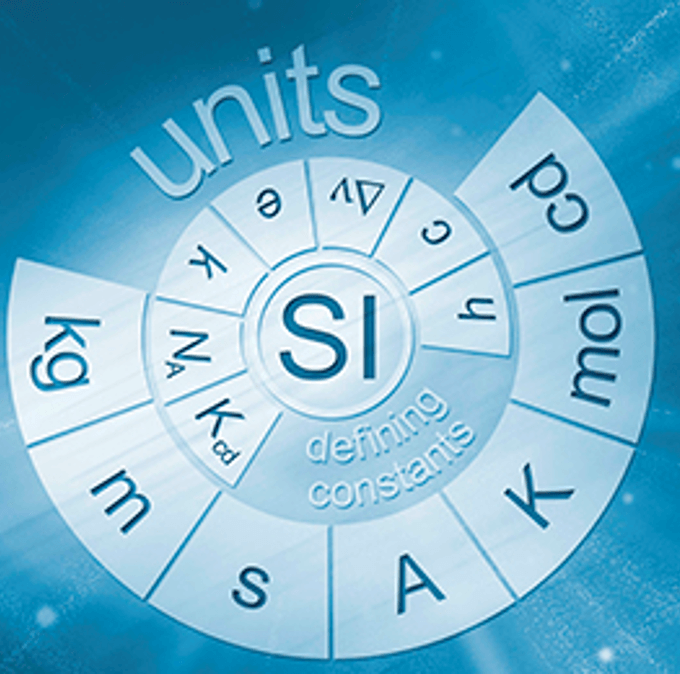
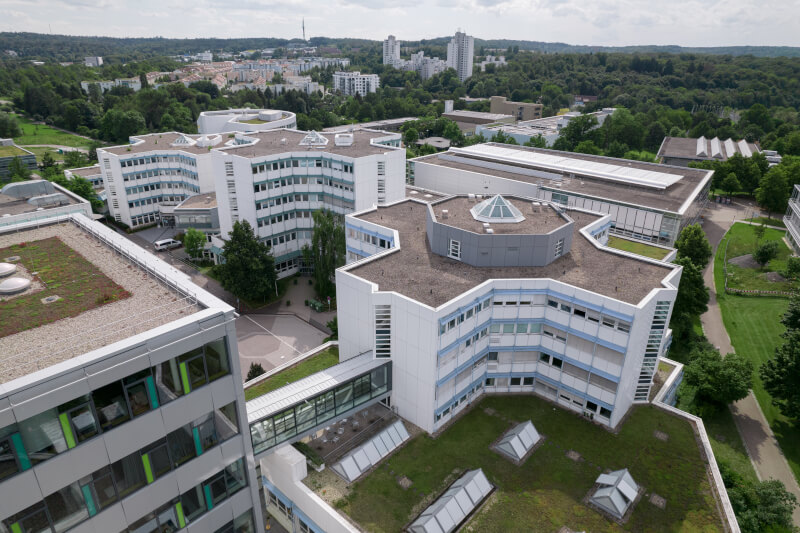
Fraunhofer IPA
The Fraunhofer Institute for Manufacturing Engineering and Automation IPA, or Fraunhofer IPA for short, is one of the largest institutes in the Fraunhofer-Gesellschaft with almost 1,200 employees. The total budget amounts to € 94 million, which is generated annually in around 1000 research and technology transfer projects. Organizational and technological tasks from production form the focus of development and research in eleven research areas. The institute develops, tests and implements methods, components and devices through to complete machines and systems and is organized into eleven business units for this purpose.
Fraunhofer IPA has been and is involved in several long-term activities on AI, such as the regional AI research center “Learning Systems and Cognitive Robotics”, which collaborates with other regional and national initiatives to drive the industrial adoption of AI technology. The AI Advancement Center offers companies various project formats with low barriers to entry as well as comprehensive consulting and training services to build trust in AI and solve concrete problems in daily operations. Since fall 2024, Fraunhofer IPA has also been a partner in the “KIRR Real” project, which supports companies in the legally compliant use of AI with the help of “Legal Quick Checks” and thus perfectly complements the AI Matters project.
ARENA2036
ARENA2036 (Active Research Environment for the Next Generation of Automobiles) is a leading German research campus, supported by the BMBF, with a focus on interdisciplinary innovation in the areas of future mobility, work and production. Based in Stuttgart, its mission is geared towards the 150th anniversary of the automobile in 2036.
ARENA2036 fosters collaboration between partners from different sectors, including automotive, aerospace, materials science and industrial research, and connects SMEs, start-ups and large companies. This co-creative ecosystem uses basic and applied research to deliver disruptive innovations and strengthen Germany’s leadership in the automotive industry.
Projects are carried out in an open factory environment, with joint, focus and speedboat projects that vary in duration and scope. The platform promotes the exchange of knowledge, strengthens scientific excellence, trains young scientists and increases international visibility in order to secure long-term industrial and scientific synergies.
